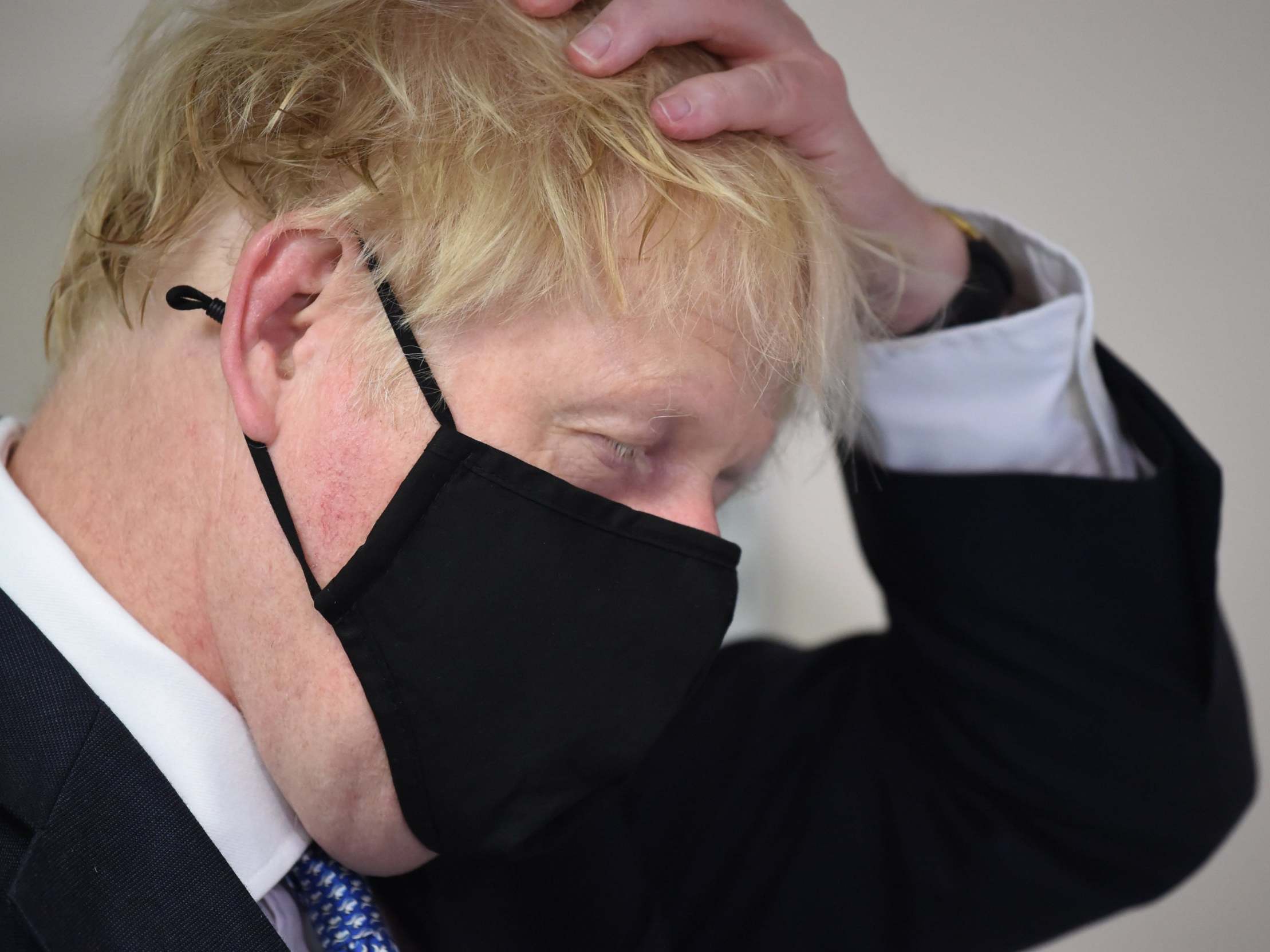The challenges facing Boris Johnson
Freaks of nature aside, it is possible to see some of what’s in store for the prime minister’s second year in power, writes John Rentoul


Looking back over Boris Johnson’s first year as prime minister ought to be a warning to anyone rash enough to predict what might happen in his second year – assuming he stays in the job that long.
His survival until now seemed in the balance when he kissed the Queen’s hand on 24 July last year: there seemed no way by which he could secure our departure from the EU; parliament wouldn’t grant him an election; and no one suspected that a bat virus might cross the species barrier in Wuhan.
Still, freaks of nature aside, it is possible to see what some of the unavoidable challenges of the next 12 months will be. Here are the three big ones.
EU trade deal
There is a deal to be done. Both sides want one. But it requires one or both sides to make significant concessions. Johnson has shown already that he is a skilled negotiator, who can happily cross his own red lines and then deny he’s done it.
One of the keys to his survival so far was the deal he negotiated with Leo Varadkar, the Irish prime minister, last October, which unlocked the Brexit deadbolt. It meant putting a border down the Irish Sea between Northern Ireland and the rest of the UK, but it won’t be a “customs” border, so that was all right.
It should be possible to find a similar form of words on fish and unfair competition, and for the EU to agree something that Johnson can hold aloft as a concession, in which case the booster-in-chief should be able to sell it to his own party.
That would put Keir Starmer in a tricky position, because the alternative to a trade deal would be the dreaded no-deal Brexit, a year after we’ve actually left. If a deal is done, expect it to go through parliament with Labour boldly abstaining.
Scottish elections
The delayed elections to the Scottish parliament will take place in May next year. The Scottish National Party will probably win a majority in its own right (at the moment Nicola Sturgeon governs in alliance with the pro-independence Green Party). Opinion polls currently suggest an SNP landslide in a voting system explicitly designed to prevent single-party majorities, but the fightback against the SNP has begun, with the prime minister’s trip to Orkney and Lossiemouth last week.
Even if the SNP is denied a landslide, any kind of majority will be a mandate for another independence referendum, and it will be awkward for Johnson to refuse it. But refuse it he will, further fuelling the separatist fire and putting the Conservatives’ 13 Scottish seats in the House of Commons at risk.
(There will also be an election for London mayor: no change likely there, but separatism is less of a problem.)
The corona recession
Johnson’s biggest headache over the next year is likely to be the economy. Despite last week’s bounceback of retail sales, all the other indicators are that the recovery will be gradual and that unemployment will remain high for some time.
The consensus is that governments with good financial reputations, such as the UK, can borrow at effectively zero interest rates for the foreseeable future, but no one knows if that will last. The Treasury keeps talking about possible tax rises, which suggests that it fears the markets will panic if Rishi Sunak doesn’t have some plans in his autumn Budget to raise money at some point in the near future.
Just because Johnson refuses to use the word austerity doesn’t mean the voters aren’t going to feel it by this time next year.
Join our commenting forum
Join thought-provoking conversations, follow other Independent readers and see their replies
Comments